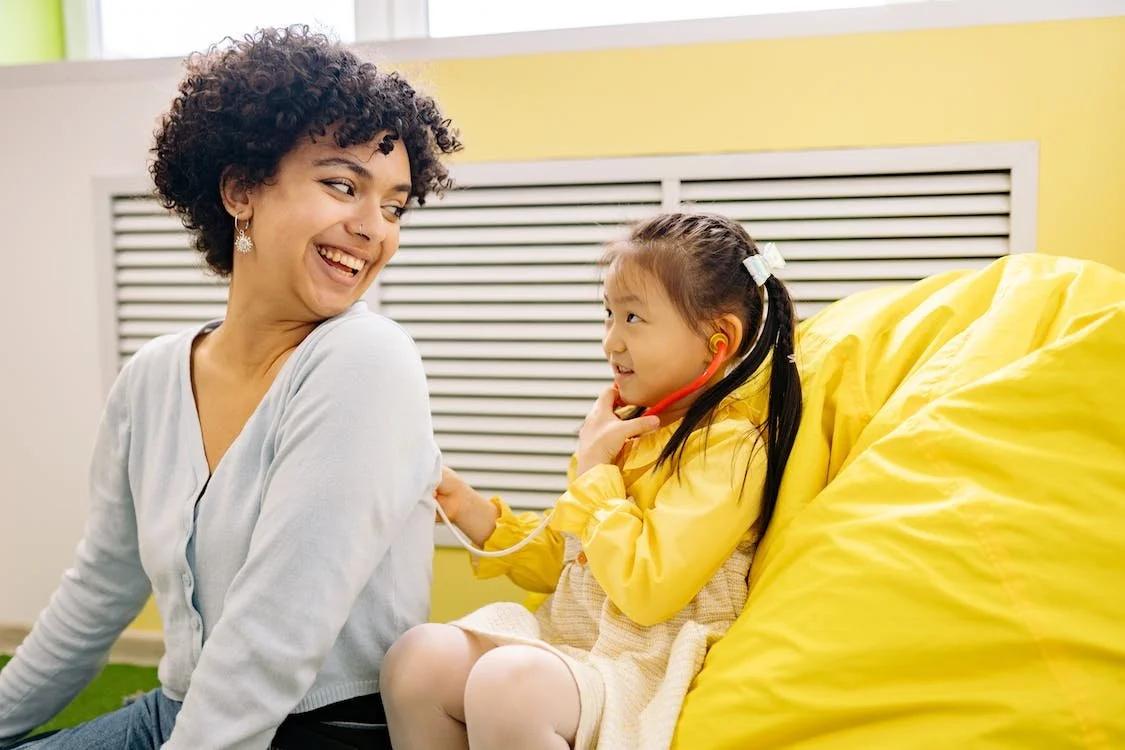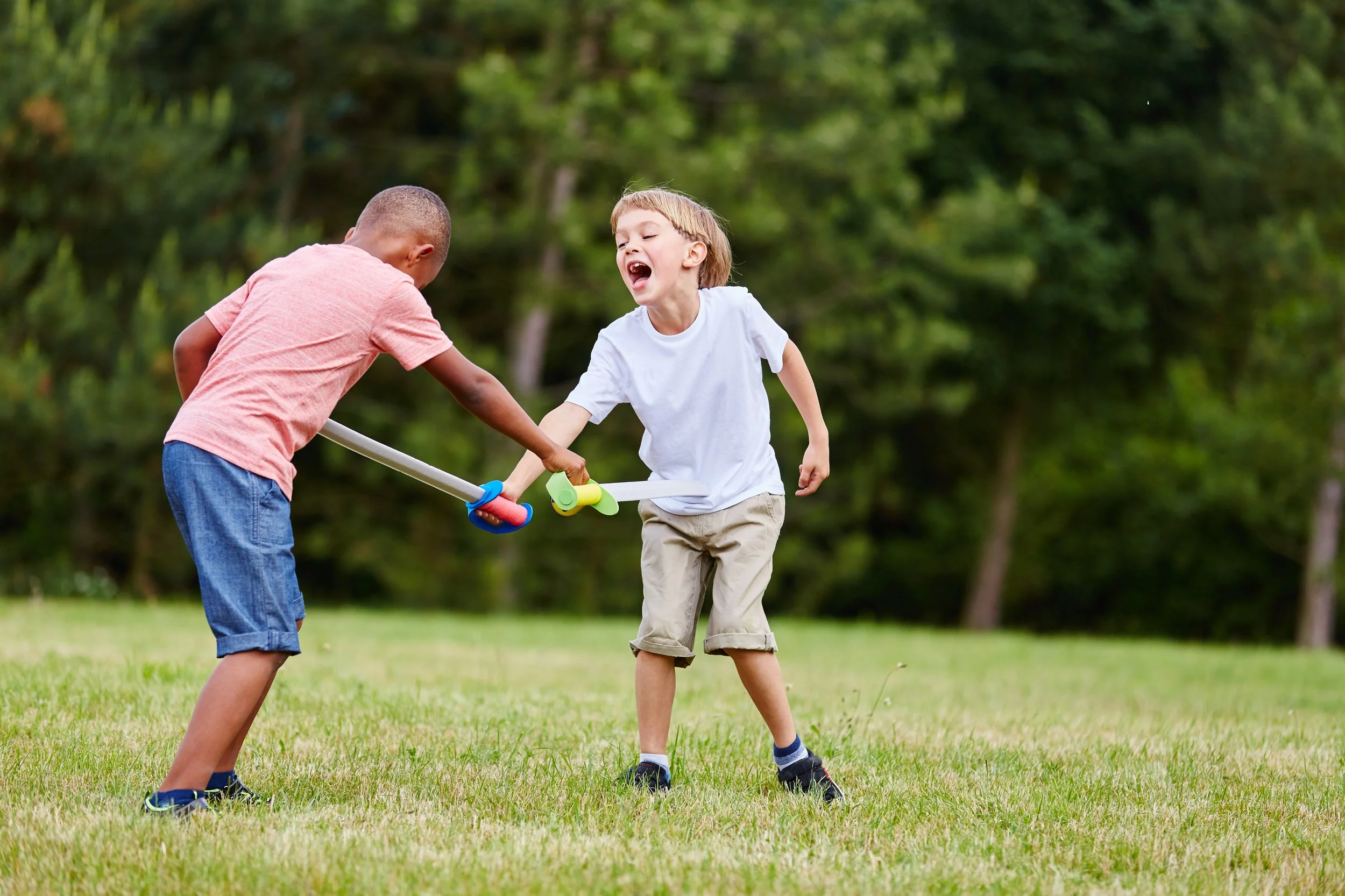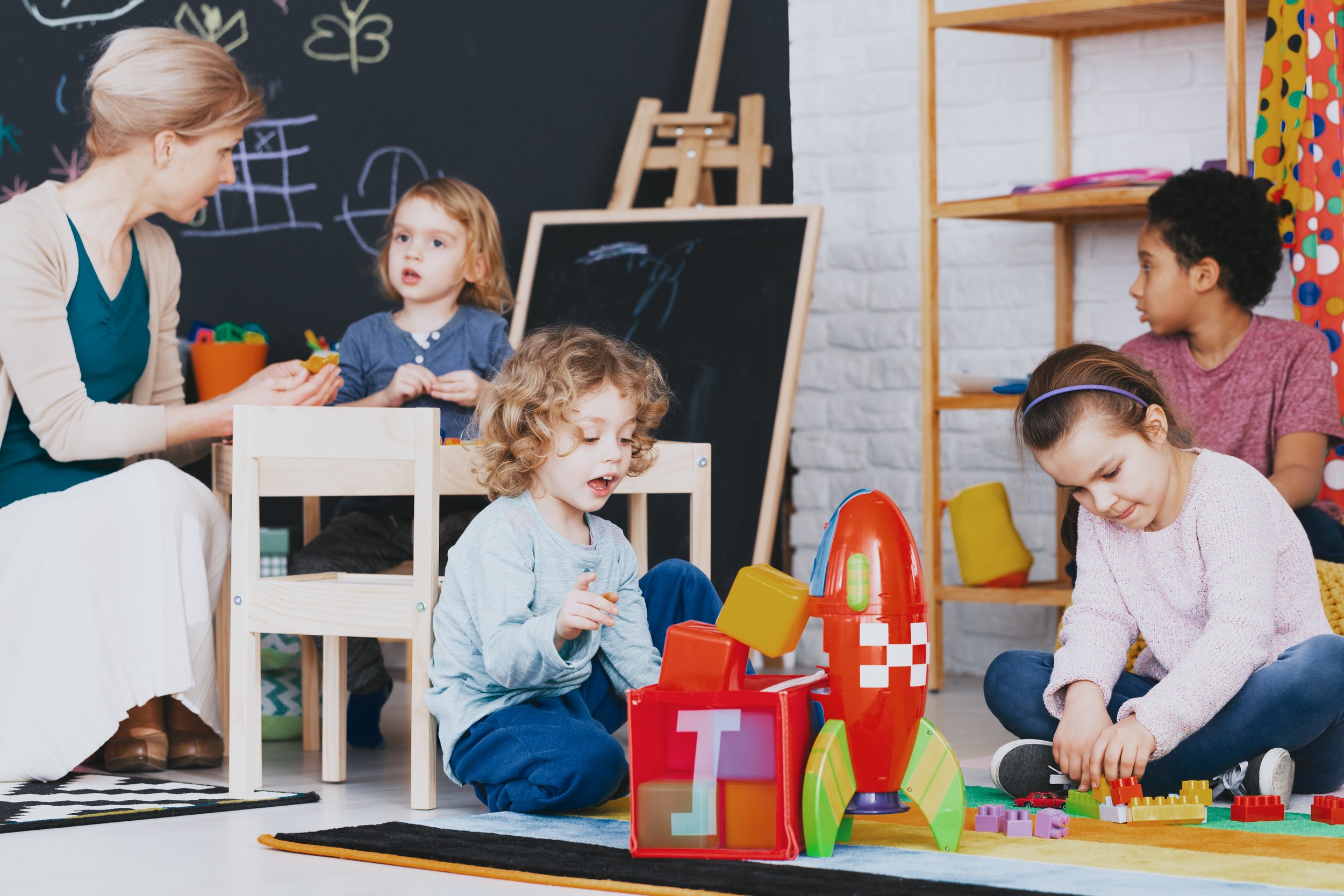![The Floor is Lava and Old School Games like Red Light, Green Light: Brilliant for Teaching Self-Regulation (Research Based)]()
Today’s blog post is for you, if you’re like any of these teachers…
Roxanne, who is concerned about: impulse control.
Meenakshi, who says the children in her class throw things around in the classroom, even their shoes.
Suzie, who reports struggling with grabbing that has now progressed to biting from an autistic child with a learning delay – there is no obvious trigger but transitions can be especially tricky.
Rosemary, who says she sees self-regulation issues when children cannot do exactly what they want, for as long as they want (especially with the iPad).
M. Jimenez, who reports that the behaviors they see are: not following directions, resisting transitions, impulsiveness, hard time with transitions and sharing toys.
Jennifer, who has a child snatching toys, yelling "no" loudly, and hitting/pretend hitting.
Maria, who says she has lots of disrespect in the room. Children who choose not to follow directions or don’t acknowledge a direction being given.
Estela, who says lately children want immediate response to needs and wants and just can't wait.
Which one of those situations do you relate to most?











